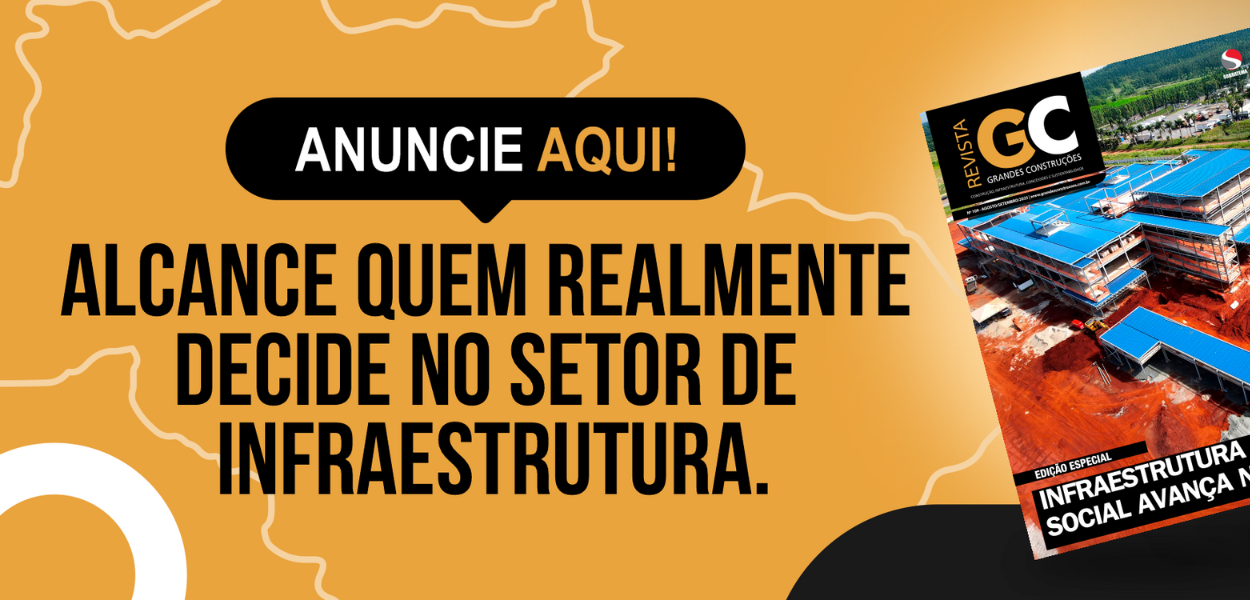Water is the new oil
Disputes and conflicts related to supplying sources already are reality in Brazil
Only when the oil crisis was started in the last seventies, starting a world crisis with significant reflections in the economy of several countries—such as Brazil, that entered in a process of hyperinflation—the politic and economic role of natural resources was noticed. And also was noticed that the availability of oil is finite. Currently, people say that water is the new oil, considering the lack of this resource and the disputes inside or between countries by the control of water production sources.
Currently, several disputes or conflicts related to water are occurring. One of them is located in the basin of the Nile River, in Africa. Nile is the longest river of the planet, more than seven thousand kilometers long. Since 1959, Egypt and Sudan carried out an agreement and monopolize the access to the river water. But in the last years countries such as Ethiopia, Kenya, Uganda, Tanzania, Rwanda and Burundi demanded equality for sharing the water of the Nile River. The dispute is getting worse with the construction of the Grande Renascença hydroelectric plant by Ethiopia. This plant depends on the water deviation of the Blue Nile River, one of the tributaries of the Nile. But Sudan and Egypt are opposing to the project.
In the plateau of Tibet flows the Mekong River, whose source is in China. The river flows along almost two thousand kilometers through Thailand, Laos, Cambodia and Vietnam. These four countries depend on the water of the Mekong River but their supply is being compromised due to the construction of hydroelectric plants by China. The plateau of Tibet also has the source of Brahmaputr River, where China also is planning to build dams and divert the water to generate power, going against the interests of India and Bangladesh.
Rio X São Paulo
In Brazil, the dispute between Rio and São Paulo by the water of the Paraíba do Sul River, that supplies 80 percent of the Greater Rio, raised this reality for the first time. The river crosses the three most populous states of the country and—along 100 kilometers—borders Rio and Minas Gerais. Part of its water was transposed to supply the Guandu River, source of most water taken for Rio. With the worsening of the crisis in the Cantareira Reservoir, that reached zero level in 2015 and compromised the supply of a part of the metropolitan region of the city of São Paulo, the state proposed a system for transposing the water of South Paraiba River to complete the lack of supply. But it had the opposition of Rio de Janeiro due to the importance of that river for water supply of this state.
The dispute went to the Federal Supreme Court. At the end, both parties reached a solution, together with the government of Minas Gerais, closing an agreement of mutual management and determining that the management of this basin will be focused in water supply and no more in power production. This decision exposed another field of dispute by water: in addition to regional points, it is necessary to consider its social function, where each drop of water is disputed by the human population and by agriculture and industry.

Av. Francisco Matarazzo, 404 Cj. 701/703 Água Branca - CEP 05001-000 São Paulo/SP
Telefone (11) 3662-4159
© Sobratema. A reprodução do conteúdo total ou parcial é autorizada, desde que citada a fonte. Política de privacidade










